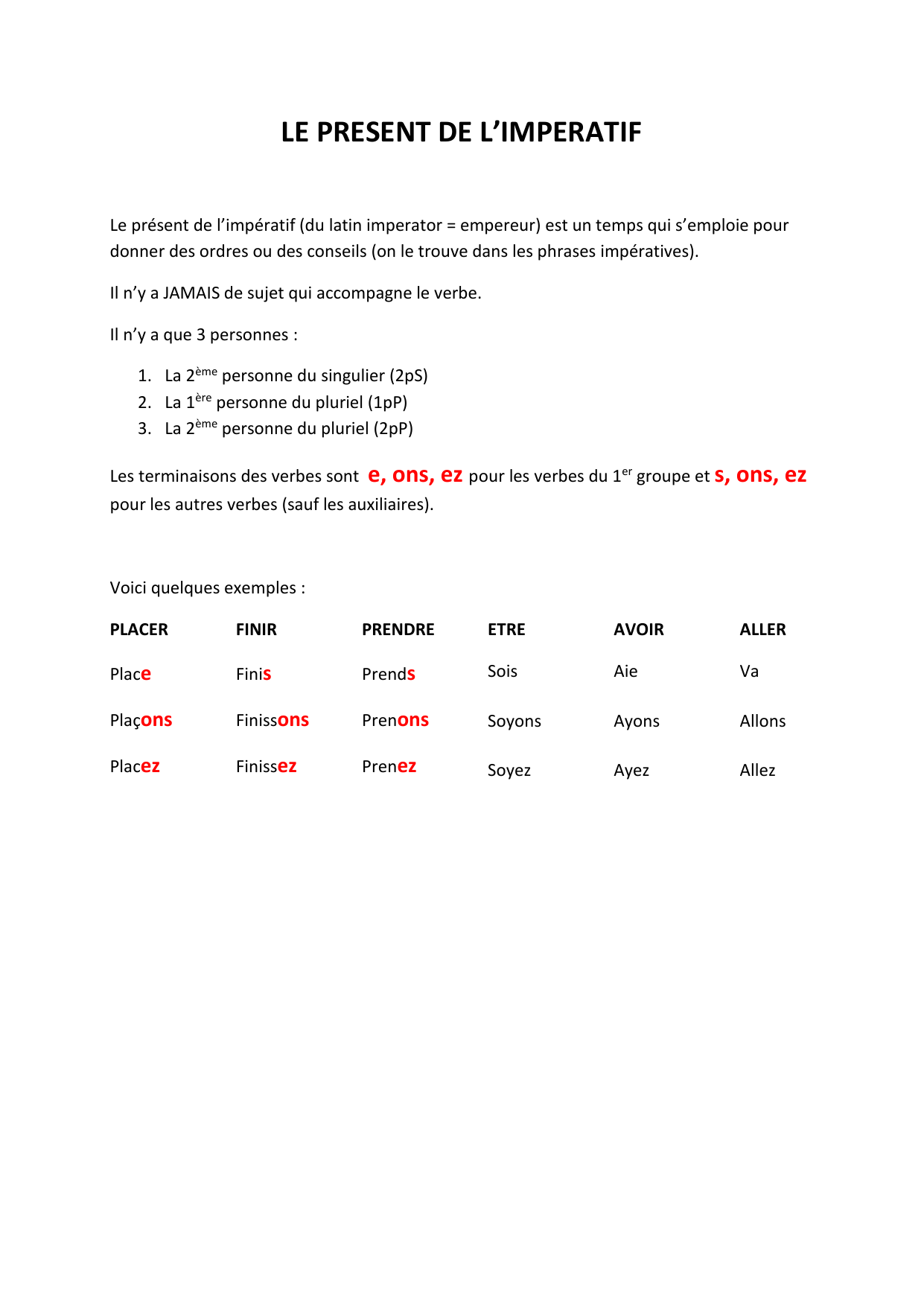
Second person singular (informal) - ton, ta, tes The following possessive adjectives are in the order of: masculine object, feminine object, plural (several of the object).

It is not the owner who determines the gender of the possessive adjective but the object owned. In French, they say "sa voiture" even if the owner is a male. If I only have one dog, I would say, "mon chien" but if I have lots of dogs, I would say, "mes chiens".įurthermore in English, we say "her car" when the owner of the car is a woman and "his car" when the owner is a man. However unlike English, in French we use different possessive adjectives dependent not only the person who owns the object (my car vs your car etc.) but also dependent on the gender and number. So, you might say, "my house", "their family" or "his dogs". Possessive adjectives Ī possessive adjective tells us who owns/possesses something. These three adjectives behave differently when placed before a singular masculine noun starting with a vowel or silent h: This rule works most of the time, but be careful, "pauvre" can mean "financially poor" even when used before the nouns.īeau, nouveau, and vieux When it comes after the noun, it means financially "poor". Likewise, when "pauvre" goes before a noun, it means "unfortunate". However, when it goes after the noun, it means "tall". When "grand" goes before a noun, it means "great". des garçons courageux / de beaux garçonsĬhanges in meaning.When these adjectives appear before an indefinite plural noun, they will change the article associated with it: + sometimes placed after a noun, and may change in meaning Special rules Adjectives that precede nouns List Īdjectives that are used frequently before nouns. ol forms occur before a vowel or mute h. et is pronounced ay and -ète is pronounced eht. er is pronounced ay and -ère is pronounced ehr, though exceptions such as "cher" exist in which both forms are pronounced with ehr. eux is pronounced ew (like dew) and -euse is pronounced ews. as is pronounced ah and -asse is pronounced ahs. os is pronounced oh and -osse is pronounced ohs. en is pronounced a (n) and -enne is pronounced ehn. on is pronounced oh (n) and -onne is pronounced ohn. il is pronounced "ee" (as in keen), while -ille is similar, with a final y uh (pronounced like "ee" in keen with a "yuh" on the end: IPA /ij/). Pronunciation when changing from -el to -elle. When an adjective has one of these endings, the ending of * The final consonant is pronounced on the masc. Irregular formation Irregular plural formation Feminine Pronunciation: intéressan t, amusan t, len t.Masculine Pronunciation: intéressan, amusan, len.

Most adjectives, such as those above, are affected by this rule. Generally, the final consonant is pronounced only when it comes before an -e.


 0 kommentar(er)
0 kommentar(er)
